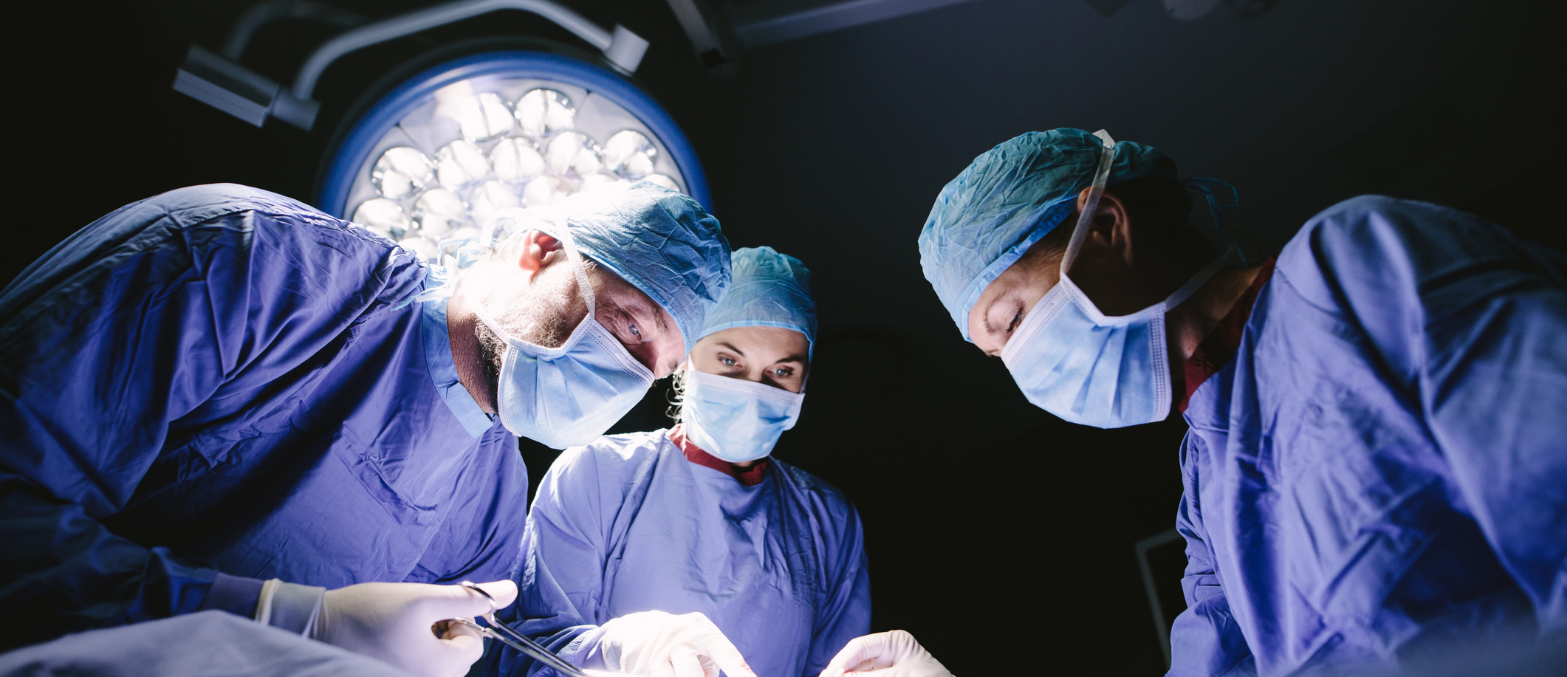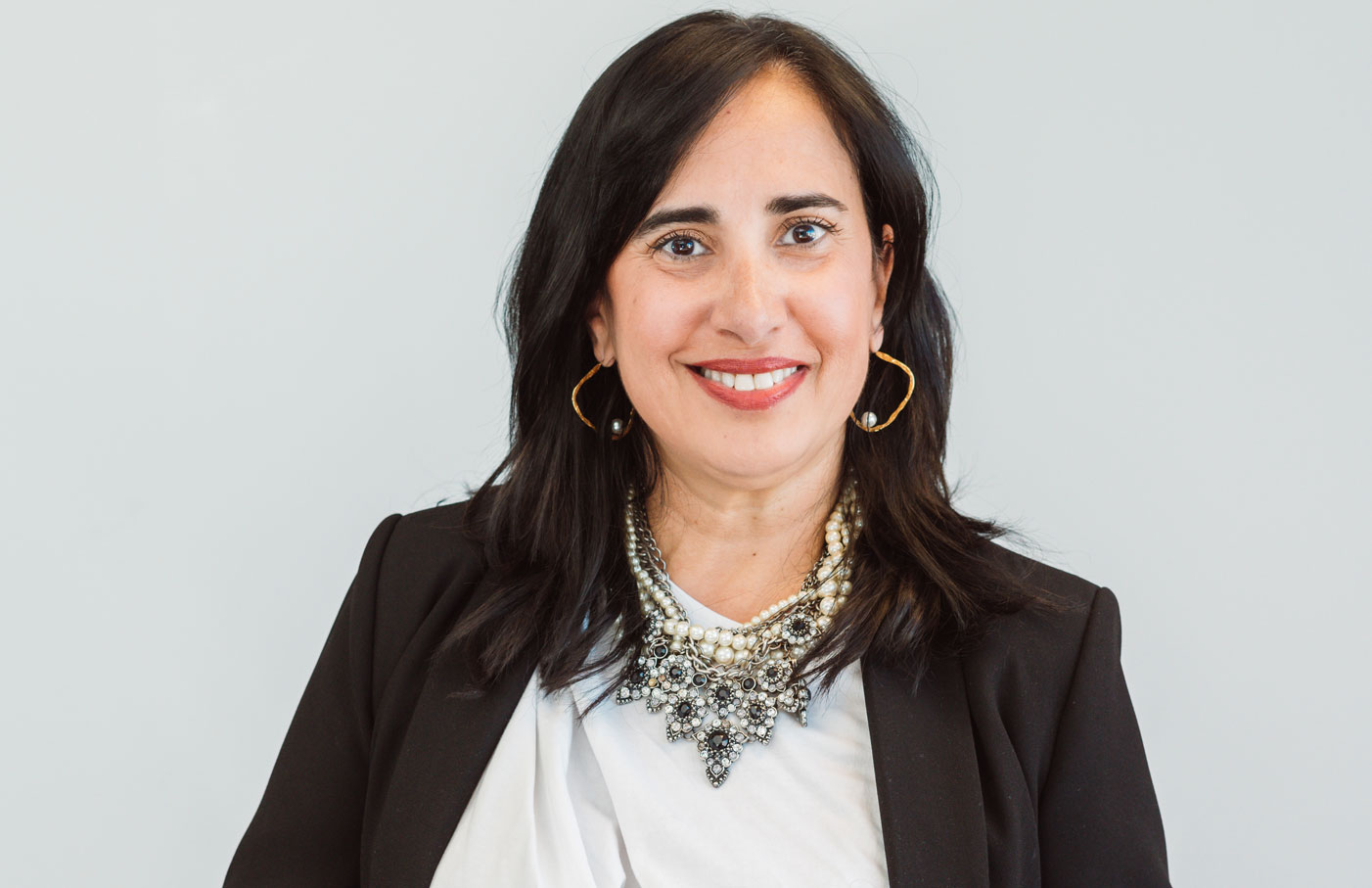Complete guide to the practice of medicine in Portugal

Many Brazilian professionals seek an international career and several countries offer interesting professional opportunities. The plan to move to another country and start a new life involves a lot of planning, organization, hours of research, diploma validation and many decisions to make.
How to revalidate the diploma of higher education in Portugal?
The recognition in Portugal of academic degrees and higher education diplomas awarded by foreign institutions is regulated by Decree-Law No 66/2018, which came into force in 2019. Decree-Law 341/2007.
The procedure for the recognition of academic degrees and diplomas awarded by foreign higher education institutions is regulated by Ordinance No.
How to revalidate the medical degree in Portugal?
For medical school diplomas, the Council of Portuguese Medical Schools is the collegiate responsible for establishing the rules for revalidation. In February 2020, the schedule with application deadlines and exams was released.
In Portugal, after the Bologna Treaty, all doctors have a master's degree integrated with the licentiate, completing the course with a master's degree. Therefore, despite the name of the process being called “recognition of the master's degree in medicine”, Brazilian professionals do not need to have a master's degree to obtain the revalidation of the diploma. At the end of the revalidation process, the degree in medicine obtained in Brazil will be equivalent to the master's degree in medicine in Portugal.
The practice of Medicine is regulated by the Statute of the Order of Physicians – Law No. divided into 3 steps:
1st stage: Revalidation of the medical degree
2nd stage: Enrollment in the Medical Association
3rd stage: Revalidation of the medical specialty
1st STAGE: Revalidation of the medical degree
1.1 Delivery of documents:
The documents required are usually:
- University Degree;
– Complete school transcript (must contain the final grade information according to Portuguese legislation);
– Syllabus of all subjects taken (they must be duly certified);
– Course Completion Work or Research Work or Internship Report.
After the analysis of the application, the process can be rejected or granted. The rejection may be based on the discrepancy in the content level or workload between the foreign faculty and the Portuguese faculty.
1.2 Proof of basic communication skills
With the approval of the documents, the candidate will undergo a basic knowledge test. This test also has an eliminatory character. The candidate who is not approved at this stage can try again one more time.
*Nationals of the CPLP (Communities of Portuguese-Speaking Countries) are exempt from the theoretical test.
1.3 Written exam
1.4 Practical test
After passing the theoretical test, the candidate will be submitted to a practical test that consists of the analysis of real cases and the elaboration of a general service report.
1. 5 Presentation of the master's thesis
Having passed the 3 previous stages, the candidate moves on to the fourth and final stage, in which he/she must present
a research work before an examining board (3 to 5 professors), similar to the public defense exams for a master's thesis.
This work does not have to be unpublished and it is allowed to present previously produced authorial work. All phases are eliminatory and phases 2, 3 and 4 are face-to-face. All phases are eliminatory and phases 2, 3 and 4 are face-to-face.
1.6 How long does the entire revalidation process take?
Each university will issue its own exam calendar and the entire process can take between 10 and 12 months to complete.
1.7 What is the value of fees charged by official bodies?
Prices vary depending on the university, but are usually around €600.
2nd STAGE: Enrollment in the Medical Association
After the revalidation of the medical degree, as happens in Brazil, professionals must register with the Portuguese Medical Association, a procedure with normative provision in the Regulation of Enrollment in the Portuguese Medical Association, approved by the Plenary of the Regional Councils of the Portuguese Medical Association, at its meeting of 30 September 2011.
Exercise without autonomy
With the act of registration, after the revalidation of the diploma, the professional will be able to practice medicine
without autonomy. What does it mean to say that the doctor can only practice clinical activity when accompanied
by his supervisor or, in his absence, by a doctor qualified to exercise the profession independently.
Exercise with autonomy
To practice medicine autonomously in Portugal, in addition to enrolling in the OM, a professional internship (12 months) is required, equivalent to an internship in Brazil, and assessment in practical and theoretical exams.
After the professional internship and passing the exams, the doctor will be able to practice general medicine autonomously. Brazilian doctors who obtained the revalidation of their graduation and who prove professional experience in 3 of the last 5 years, can request exemption from the professional internship and the exam.
Who does not have the professional experience of 3 years, in the last 5, can they have autonomy?
No, those who cannot prove the minimum experience will not be able to obtain autonomy and, therefore, must carry out a professional internship (internship) of 12 months, with a workload of 40 hours per week, receiving a remuneration of around €1,400.00.
How is the application process for the professional internship?
In order to carry out the professional internship, it will be necessary to register for the ranking contest, called “Harrison's test”. However, the grade used for the classification in the professional internship will be the grade of your graduation, already duly converted to the Portuguese standard.
3rd STAGE: Revalidation of the medical specialty
To practice the medical specialty, after the revalidation of the diploma, enrollment in the Order of Physicians and obtaining autonomy, the candidate must also undergo another revalidation of his specialty, evaluated by the College of Medical Specialties, a hypothesis regulated by article 124 et seq. of the Order of Physicians.
The process includes the analysis of the candidate's academic qualifications and professional experience, in addition to the application of theoretical tests (oral and written), curriculum discussion and practical test.
What is the average salary of doctors in Portugal?
Most doctors in Portugal work in the public health service and a professional at the beginning of their career earns around €2,700.00 euros, working 40 hours a week.
Can I work in any European Union country?
Yes, after three years of practicing medicine full-time, doctors will be able to practice medicine in other European Union countries.

"Because of a controversy, they are changing a historical reparation," says Isabel Comte.
The proposed changes to the Nationality Law in Portugal remain at the center of public debate, even after the decision […]

"The Constitutional Court gave time, it didn't change the law," says a lawyer from Martins Castro.
The recent decision by the Portuguese Constitutional Court, which blocked key parts of the government's proposal to tighten access […]

Nationality for minor children: why is the process usually simpler?
Among the various pathways provided for in the Portuguese Nationality Law, transmission to minor children is usually perceived as a […]